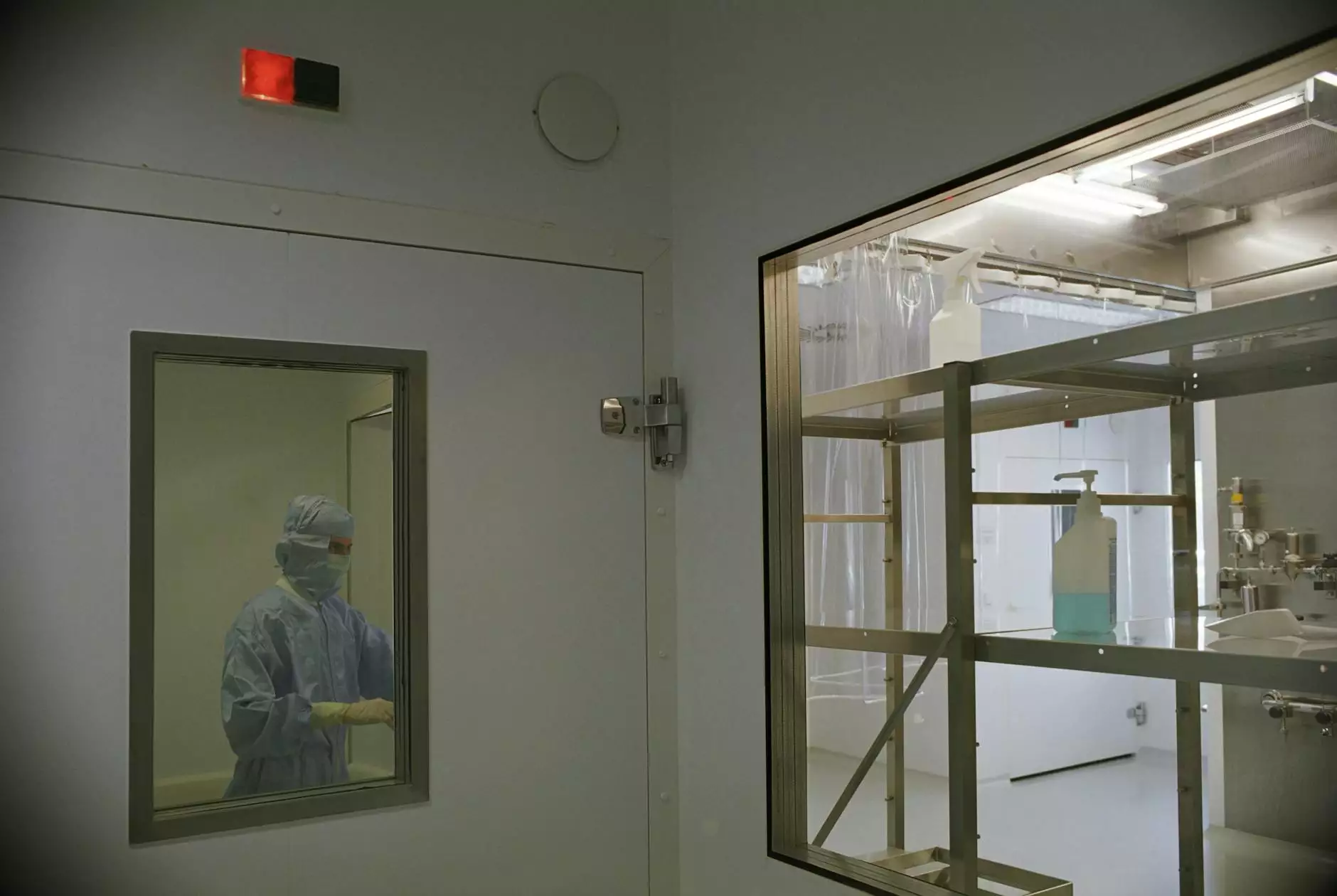The Vital Role of a Thoracic Surgeon in Healthcare

Understanding the Specialty of Thoracic Surgery
Thoracic surgery is a critical branch of medicine dedicated to the treatment of diseases and conditions that affect the organs within the thorax, or chest cavity. This includes the heart, lungs, esophagus, and other structures within the chest. The field of thoracic surgery requires extensive training and expertise, and it plays a vital role in the overall healthcare system.
The Impact of a Thoracic Surgeon on Patient Health
Thoracic surgeons are essential in diagnosing and treating various conditions, including but not limited to:
- Lung Cancer: Early detection and surgical intervention can significantly improve survival rates.
- Esophageal Disorders: Conditions such as esophageal cancer or severe gastroesophageal reflux disease (GERD) often require surgical correction.
- Heart Conditions: Surgeries like coronary artery bypass grafting (CABG) and valve replacements are crucial for patients with heart diseases.
- Chest Trauma: Emergency thoracic surgeries are often necessary to treat injuries from accidents.
- Pleural Disease: Procedures to relieve pleural effusion or treat pleural tumors.
Each of these procedures requires a highly skilled surgeon, capable of performing intricate operations to enhance and save lives. The expertise demanded in these scenarios emphasizes the importance of a thoracic surgeon within the healthcare framework.
Training and Qualifications of a Thoracic Surgeon
Becoming a thoracic surgeon requires extensive education and training. The pathway typically involves:
- Undergraduate Education: A bachelor's degree, often with a focus on sciences like biology or chemistry.
- Medical School: Completion of a Doctor of Medicine (MD) or equivalent degree.
- General Surgery Residency: A minimum of five years training in general surgery.
- Fellowship in Thoracic Surgery: An additional 2 to 3 years of focused training in thoracic surgery.
- Board Certification: After completing training, surgeons may become board-certified, verifying their expertise and knowledge.
This rigorous training regimen ensures that thoracic surgeons possess the necessary skills to handle complex surgeries with precision and care.
Emerging Technologies in Thoracic Surgery
The field of thoracic surgery is continually evolving with advances in technology. Some notable innovations include:
- Minimally Invasive Techniques: Procedures such as video-assisted thoracoscopic surgery (VATS) allow for smaller incisions, reducing trauma and promoting quicker recovery.
- Robotic Surgery: Enhances precision in delicate operations, minimizing complications and improving patient outcomes.
- Advanced Imaging: Technologies such as 3D imaging and intraoperative CT scans assist surgeons in real-time during procedures.
- Telemedicine: Enables remote consultations and post-operative follow-ups, enhancing accessibility for patients.
These innovations have revolutionized the practice of thoracic surgery, making procedures safer and more efficient, ultimately improving patient outcomes.
The Role of a Thoracic Surgeon in Comprehensive Care
A thoracic surgeon's role extends beyond the operating room. They are involved in:
- Pre-operative Assessments: Thorough evaluations to determine the best surgical options for patients.
- Collaboration with Multidisciplinary Teams: Working alongside oncologists, pulmonologists, and physical therapists to create comprehensive treatment plans.
- Patient Education: Informing patients about their conditions, treatment options, and post-operative care to ensure informed decision-making.
- Rehabilitation Support: Collaborating with physical therapists post-surgery to aid patient recovery and improve quality of life.
This comprehensive approach ensures that patients receive holistic care throughout their treatment journey.
The Importance of Physical Therapy in Recovery
Following thoracic surgery, the role of physical therapy becomes crucial. Physical therapists work with patients to:
- Enhance Mobility: Gradual rehabilitation exercises to restore movement and function.
- Manage Pain: Techniques to alleviate discomfort post-surgery.
- Strengthen Muscles: Specific regimens to rebuild strength, particularly in the respiratory muscles.
- Improve Endurance: Programs designed to increase stamina over time.
- Educate on Lifestyle Modifications: Guidance on exercises and activities to avoid during recovery.
A cooperative effort between thoracic surgeons and physical therapists can result in enhanced recovery times and improved outcomes for patients.
Sports Medicine and Thoracic Surgery
Sports medicine is another vital area where thoracic surgeons can play a role. Athletes may experience thoracic injuries that require surgical intervention, such as:
- Rib Fractures: Common in contact sports and may need surgical fixation.
- Pneumothorax: The collapse of a lung requiring evacuation of air from the pleural space.
- Muscle Strains: Severe cases that may compromise the chest wall mechanics.
- Surgeries for Chronic Conditions: Such as severe asthma or exercise-induced bronchospasm.
In these instances, collaboration with sports medicine specialists is crucial for developing effective treatment and rehabilitation protocols.
Conclusion: The Essentiality of Thoracic Surgeons in Modern Medicine
In summary, thoracic surgeons are indispensable to the healthcare ecosystem. Their extensive training, surgical expertise, and involvement in various facets of patient care firmly position them as critical players in enhancing health outcomes. As technologies advance and methods evolve, their role will only grow in significance, helping countless patients navigate the complexities of thoracic diseases and conditions with compassion and precision.









